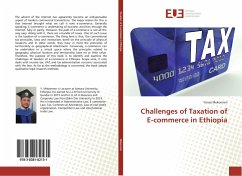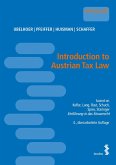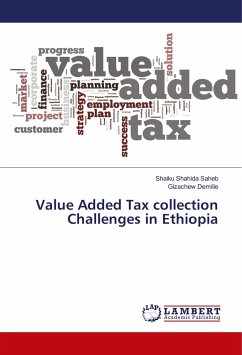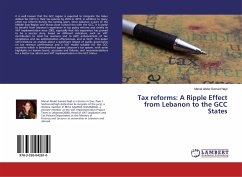The advent of the Internet has apparently become an indispensable aspect of modern commercial transactions. The major reason for this is that Internet brought what we call it now e-commerce. Generally speaking, E-commerce is undertaking of business activities through the Internet, fully or partly. However, the path of e-commerce is not all the way easy. Along with it, there are a bundle of issues. One of such issue is the taxation of e-commerce. The thing here is that, the conventional tax principles, laws and institutions dwell on the principle of physical locations and In other words, they have in mind the principles of territoriality or geographical attachment. Conversely, e-commerce can be undertaken in a virtual space where the principles related to geography, physical location and territoriality have no or little value. Therefore, the purpose of this book is to identify and examine the challenges of taxation of e-commerce in Ethiopia. Scope wise, it only deals with income tax, VAT, and tax administration concerns associated with the two. As far as the methodology is concerned, the book adopts qualitative legal research methods.
Bitte wählen Sie Ihr Anliegen aus.
Rechnungen
Retourenschein anfordern
Bestellstatus
Storno








